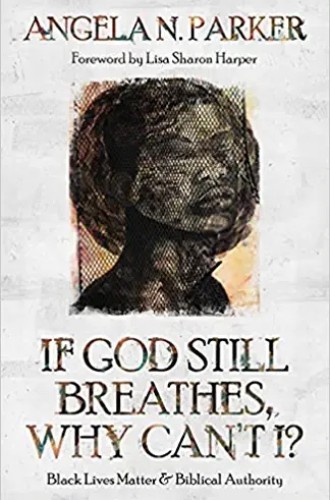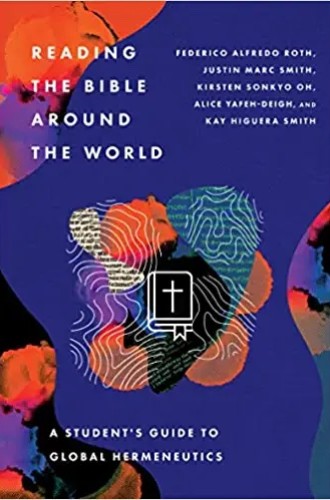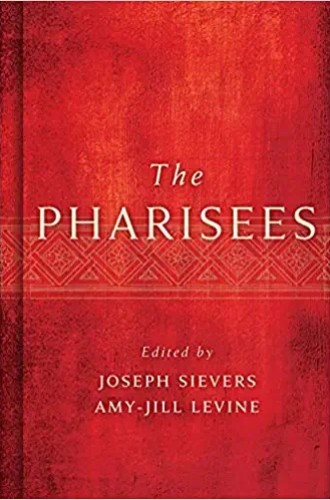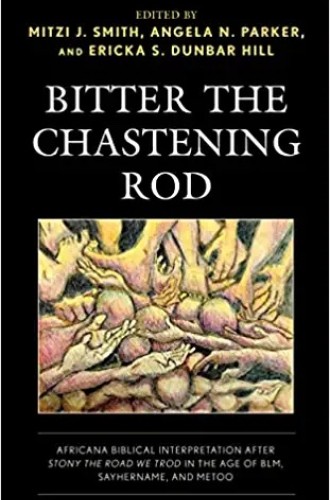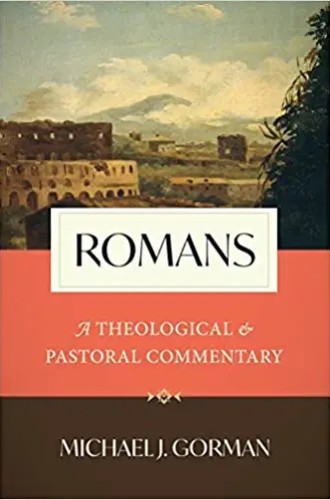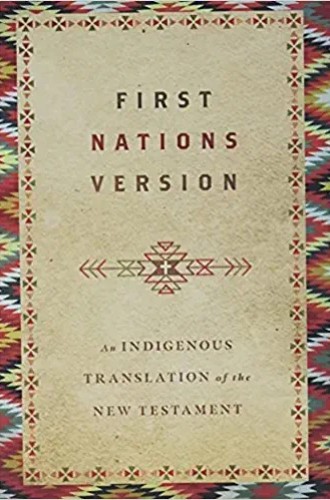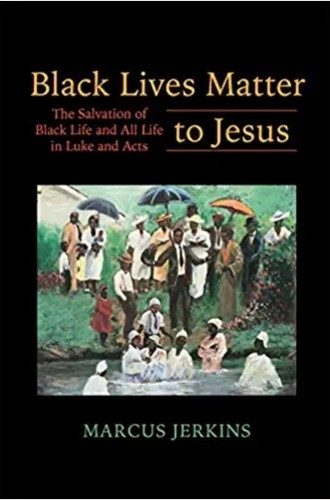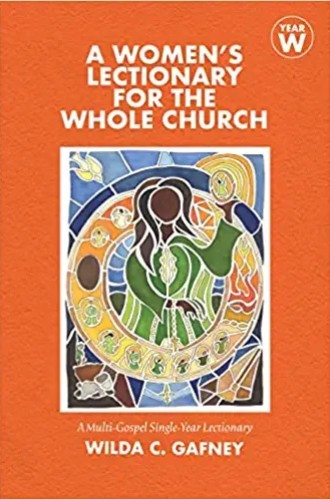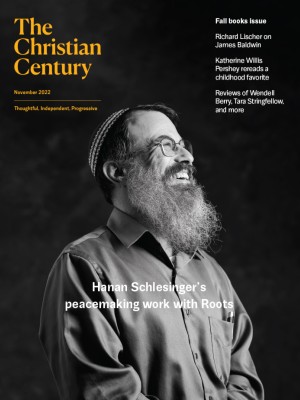Take & Read: New titles in New Testament
By Angela N. Parker
Eerdmans
Part memoir and part biblical exegesis, this small book packs a powerful punch. Angela Parker argues that the doctrines of inerrancy and infallibility have distorted the Bible into an idol and engrained White supremacist authoritarianism into our interpretative traditions. She challenges marginalized people to abandon these doctrines, which often lead to gaslighting, shaming, and microaggressions. A skilled teacher, Parker embodies womanist hermeneutics by sharing her own struggles and lenses in a way that invites conversation. She offers insights into the women witnessing the crucifixion (Mark 15), a poignant reading of Paul’s pleading with the Galatians to bear one another’s burdens (Gal. 6:2), and plenty of other bursts of air to inspire all who claim the Bible as a living, God-breathed word.
Reading the Bible around the
World: A Student’s Guide to
Global Hermeneutics
By Frederico Alfredo Roth, Justin Marc Smith, Kirsten Sonkyo Oh, Alice Yafeh-Deigh, and Kay Higuera Smith
IVP Academic
Read our latest issue or browse back issues.
Written by scholars who love the text and love teaching it, this volume introduces students to the multiple ways people around the globe interpret the Bible, with special focus on the parable of the loving neighbor (Luke 10:25–37). Without claiming to speak as authorities for all the groups, nations, and thinkers represented, the authors introduce the ways people from various contexts engage scripture. A chapter focused on diasporic approaches involves more than geographic dispersion; it also invites readers to imagine the many ways one might experience alienation from the dominant group. Built for the classroom, this thoughtful resource includes multiple sections for students to digest the material and reflect on the biblical text.
The Pharisees
Edited by Joseph Sievers and Amy-Jill Levine
Eerdmans
The Pharisees have had a bad reputation for 2,000 years of church history, and the rise of critical study has done little to save them from negative characterizations in church pulpits and popular culture. This volume collects scholarship from various specializations in an attempt to change that narrative. The essays tackle numerous topics, from the name “Pharisee” to the group’s portrayals in the biblical text and their reception history. Readers will rethink inherited traditions and past assumptions, gain more respect for the historical Pharisees, and pause to consider how negative portrayals of the Pharisees could be connected to the continued use of the New Testament to support anti-Jewish rhetoric. It is time to end anti-Jewish preaching and teaching. This book will help.
Bitter the Chastening Rod: Africana Biblical Interpretation after “Stony the Road We Trod” in the Age of BLM, SayHerName, and MeToo
Edited by Mitzi J. Smith, Angela N. Parker, and Ericka S. Dunbar Hill
Lexington Books
A little over 30 years ago, Stony the Road We Trod: African American Biblical Interpretation, edited by Cain Hope Felder, chiseled a place in biblical studies history. This volume, its sequel, rests within its legacy while expanding the discussion. The essays bid us to rethink the places where we see God’s people in the world who are Black, including places that White biblical exegetes often neglect. The essayists reflect on hermeneutical strategies and reconsider what it means to read the text in times of protest and resistance. This complex volume will have the reader pondering Jesus’ own status as slave, wondering about daily life for those who are nameless and marginalized in the church, questioning received hermeneutical traditions, and reflecting on the legacies of Africana biblical interpreters.
Romans: A Theological and Pastoral Commentary
By Michael J. Gorman
Eerdmans
Romans commentaries are legion, but this one breaks the mold. Written for teachers and preachers, it is ready-made for a classroom setting. Immensely readable and practical, it features built-in reflection strategies, key points for staying connected to the letter’s overarching argument and flow, sections devoted to deeper understanding of key terms and difficult ideas, and an introductory chapter that situates the letter within the larger scope of Paul’s mission. This is not a commentary that hovers over every word or phrase. Plenty of others have accomplished that well. It is a theological and pastoral commentary that will edify the church and stimulate the classroom.
First Nations Version: An Indigenous Translation of the New Testament
IVP
A good storyteller can change how we encounter the biblical text. This Indigenous translation is a collaborative effort, led by Terry M. Wildman (Ojibwe/Yaqui) with input from more than two dozen Native North American tribes. The thought-for-thought English translation preserves the cadences of oral storytellers by using idioms consistent with the cultures of First Nations people. For instance, Creator Sets Free (Jesus) encourages his followers to “walk the road with me” in Gift from Creator Tells the Good Story (Matthew) 28:19. Readers will reflect theologically on the Good Story as they experience this translation’s witnesses to the Creator, Great Spirit, Great Mystery, One Above Us All, Most Holy One, Maker of Life, and Giver of Breath.
Black Lives Matter to Jesus: The Salvation of Black Life and All Life in Luke and Acts
By Marcus Jerkins
Fortress
The writer of Luke and Acts makes readers marvel at the scope of God’s salvation rippling its way through the known world. Marcus Jerkins invites readers to ponder what Luke’s intentional inclusion of Black individuals might reveal about a gospel that values all ethnicities as God’s beloved children. The third evangelist includes the Ethiopian eunuch whom Philip baptizes (Acts 8:26–40) and Simeon Niger who blesses Paul and Barnabas for their mission (Acts 13:1–3). Little scholarly attention has been given to derogatory views of skin color in the ancient world and what it might mean for Black people to be present at the beginning of the mission to all nations. Precisely because the ancients regarded Blackness as a bad omen, these Black characters epitomize the broad scope of the gospel. This powerful work is timely and life-giving.
A Women’s Lectionary for the Whole Church: A Multi-Gospel Single-Year Lectionary, Year W
By Wilda C. Gafney
Church Publishing
The lectionary points us to God, but there are many texts that it overlooks. Wilda Gafney’s lectionary project seeks to center those neglected characters and stories. Like the Revised Common Lectionary, Gafney’s larger project uses a three-year cycle, with each year revolving around a Gospel (Matthew, Mark, or Luke, with John woven throughout). This single-year, one-volume version includes readings from all the Gospels. The W stands for “Women.” Gafney provides readings, translations, and thoughtful preaching prompts without telling preachers what to do or even providing prayers to weave the texts together. For preachers and teachers who are bold enough to wrestle with the word, this resource will raise biblical literacy and illuminate figures and plotlines long left in the shadows.


